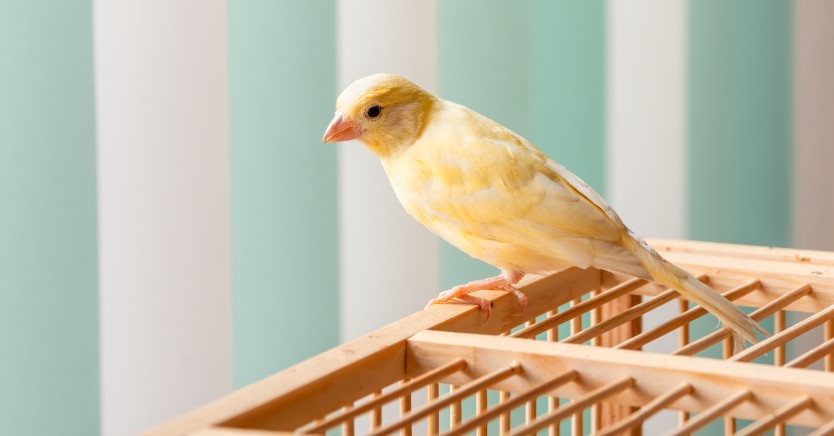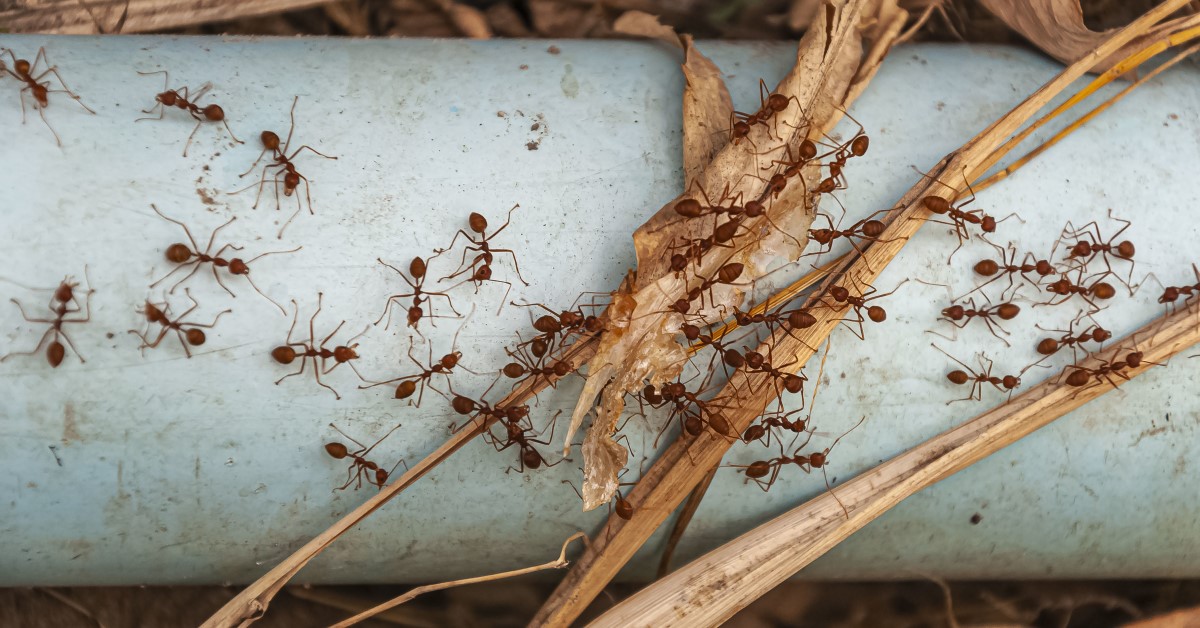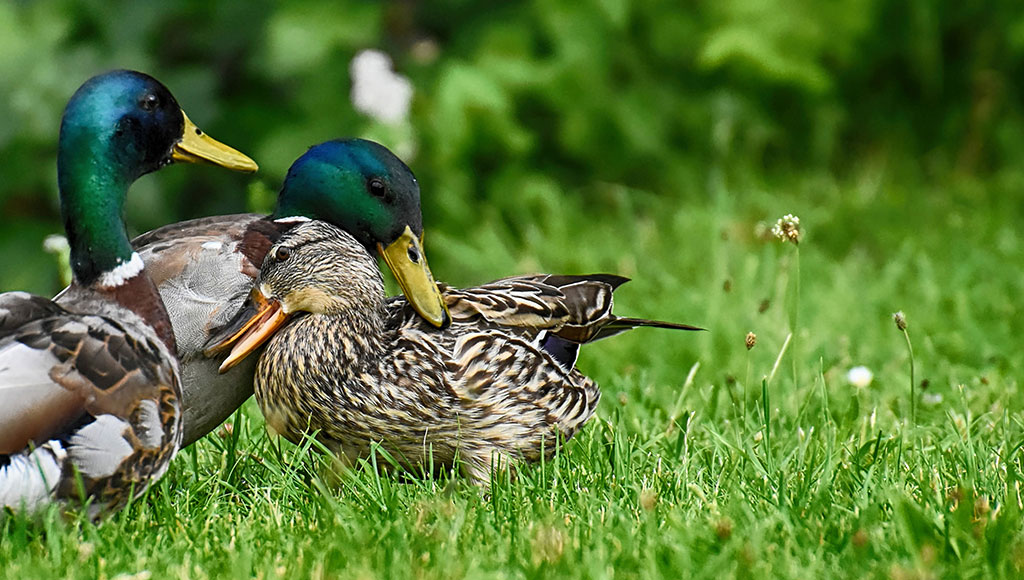Ask Dr. Jenn: How can I help my canary when she's nesting?
I can’t find any advice on what to do when my canary lays eggs, except to provide a nesting solution in spring and let her sit in the eggs for 2 weeks then remove them. Must I leave the nest in through the summer? Part of the summer? Must I provide extra vitamin D? Are regular seeds plus her fruit ok during this period or should I stop the fruit & veggies? I could really use some help!

You have a lot of great questions! I will do my best to answer your questions about what is medically best for your new feathered friend.
Female canaries do not need to have a male present to lay an egg. Canaries produce infertile eggs. If a male is present, the egg is fertilized just before it is laid. When conditions are right for a female, she will lay eggs even without a male.
The ideal conditions for a female canary to lay eggs include at least eight to ten hours of daylight, warm weather, nesting material, and a diet high in fat, protein, and calcium. She will lay one egg a day until she feels she has an acceptable clutch, which is usually three to five eggs. Once she has her clutch, she will incubate her eggs by sitting on them.
While she is incubating her eggs, your canary’s behavior will likely change. She will have less interest in eating and may not eat at all on some days. She will also be less social. She will not want to be handled and may not interact with you. Incubating eggs can be stressful. The change in appetite can lead to significant weight loss and weaken the bird’s immune system, making her susceptible to disease.
It takes approximately two weeks of incubation for a fertilized canary egg to hatch. However, some canaries may sit on unfertilized eggs for up to a month before they lose interest. This is likely why you found the recommendation to remove the eggs after two weeks. If the conditions are still favorable, she will produce another clutch of eggs and the cycle will start all over again.
If you have a single female canary and have no interest in breeding her, it is in her best interest to discourage her from laying eggs. Not only is the process stressful on the bird, but chronic egg-laying can also lead to calcium deficiency and your bird may become egg-bound. Egg-bound occurs when the bird cannot lay the egg on her own and she will likely need medical intervention to remove the egg.
To discourage egg-laying, first remove the nesting box and any nesting material, such as shredded paper or grass. Keep her cage covered so she is in darkness 12-14 hours per day. Do not have mirrors in the cage as they see their reflection as a potential mate. Avoid high-caloric and high-fat diets.
What is the best diet for a non-egg-laying canary? Although canaries are seed-eating birds, I do not advise feeding bird seed. Seed-based diets are high in calories and fat, leading to obesity. They are also not balanced in vitamins and nutrients your bird needs. Instead, look for a commercially available pelleted diet. Supplement with fresh fruits and vegetables. You can offer a seed-based treat on occasion. To supplement calcium, you can offer soluble grit such as a cuttlebone, oyster shells, limestone, or gypsum. You can take your bird outside frequently or add a UVB light to help her produce Vitamin D. If this isn’t possible, you can add a vitamin supplement to her food.
If your canary is currently laying eggs, let her sit on the eggs until she loses interest, then remove them. Do not take them out if she is still trying to incubate them as this may encourage her to lay more eggs. While laying eggs, feed her a commercial diet or supplement for “egg-laying”. But continue with fruits and vegetables to keep her healthy. Do not feed a seed-based diet. Once she loses interest in her eggs, remove the eggs and the nest box.
Again, it is better for her overall health to not lay eggs at all or at least limit it to a short period during the year.
I wish you the best of luck with your feathered friend. Pet canaries live an average of five to nine years in captivity. I wish you many years of happiness with your pet.
Ready to start saving money on pet wellness care?
Then take a look at Mint Wellness, the pet wellness plan that provides fast reimbursement on routine pet care. Save on vaccinations, wellness exams, preventatives, dental, and more!
Learn More

